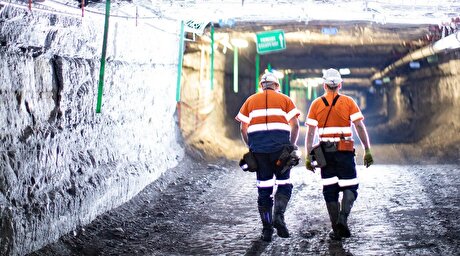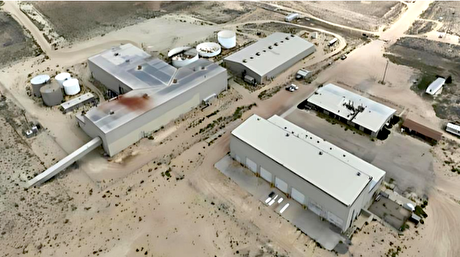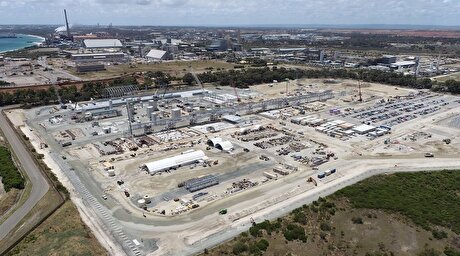
The Hague delays GHG reduction plan over coronavirus

The government can no longer honour its obligation to present a plan by 1 April that aims to reduce Dutch GHG emissions by 25pc compared with 1990 levels as it has "other priorities" now surrounding the coronavirus, Wiebes said. The government has not abandoned the project but will introduce plans at a later date, he said.
The Dutch supreme court ordered the government last December to reduce GHG emissions by 25pc, in line with an earlier ruling in the case brought by environmental group Urgenda. The government was initially seeking to reduce GHG emissions by 17pc by the end of this year.
Environmental assessment agency PBL last December revised down the Netherlands' estimated emissions reductions by the end of 2020 to 20-21pc from 23pc previously.
The figure was reduced on the basis of "recent market developments and price expectations for coal, gas and CO2 for 2020", PBL said.
Gas-fired power plants in the Netherlands are expected to produce more over the year ahead than previously thought based on current prices, according to PBL, meaning less power will be imported. This increases the amount of GHG emissions attributable to the Netherlands.
Dutch power sector gas burn rose to 37.5mn m³/d from 30.9mn m³/d in January 2019 and was the highest for any month since at least January 2011, data from statistics office CBS Statline show. Power sector gas use climbed despite lower demand, as TTF prompt prices held deep into fuel-switching territory and gas probably displaced a substantial share of coal from the generation mix.
And power-sector gas burn may have remained strong in February and early March, although data are not yet available beyond January. Prompt prices have slipped even deeper into fuel-switching territory since January, with even the Netherlands' 45pc-efficient gas-fired units — which have combined capacity of 1.18GW, including CHP and other units — ahead of its most efficient coal-fired plants.
But the Dutch front-quarter spark spread fell sharply last week, amid an outlook for lower power demand and higher renewable power generation, which could pressure gas-fired generation in April-June.
The Dutch clean spark spread for a 55pc-efficent gas-fired plant for the second quarter declined to €3.44/MWh at the end of last week from €5.77/MWh on 16 March.
By Bilal Muftuoglu


Column: EU’s pledge for $250 billion of US energy imports is delusional

Anglo American posts $1.9B loss, cuts dividend

BHP, Vale accused of ‘cheating’ UK law firm out of $1.7 billion in fees

Ramaco Resources secures five year permit for Brook rare earth mine in Wyoming

Southern Copper expects turmoil from US-China trade war to hit copper

Trump tariff surprise triggers implosion of massive copper trade

Eldorado to kick off $1B Skouries mine production in early 2026

St Augustine PFS confirms ‘world-class’ potential of Kingking project with $4.2B value

Newmont nets $100M payment related Akyem mine sale

Caterpillar sees US tariff hit of up to $1.5 billion this year

Uranium Energy’s Sweetwater plant on fast track for in-situ mining approval

Tianqi Lithium Australia JV says it is prioritizing long-term viability of refinery

First Quantum scores $1B streaming deal with Royal Gold

One dead, five missing after collapse at Chile copper mine

Eldorado to kick off $1B Skouries mine production in early 2026

Newmont nets $100M payment related Akyem mine sale

Idaho Strategic rises on gold property acquisition from Hecla

Goldman told clients to go long copper a day before price plunge

Gold price rebounds nearly 2% on US payrolls data

Caterpillar sees US tariff hit of up to $1.5 billion this year

Uranium Energy’s Sweetwater plant on fast track for in-situ mining approval

Tianqi Lithium Australia JV says it is prioritizing long-term viability of refinery

First Quantum scores $1B streaming deal with Royal Gold

One dead, five missing after collapse at Chile copper mine

Eldorado to kick off $1B Skouries mine production in early 2026

Newmont nets $100M payment related Akyem mine sale

Idaho Strategic rises on gold property acquisition from Hecla

Goldman told clients to go long copper a day before price plunge














